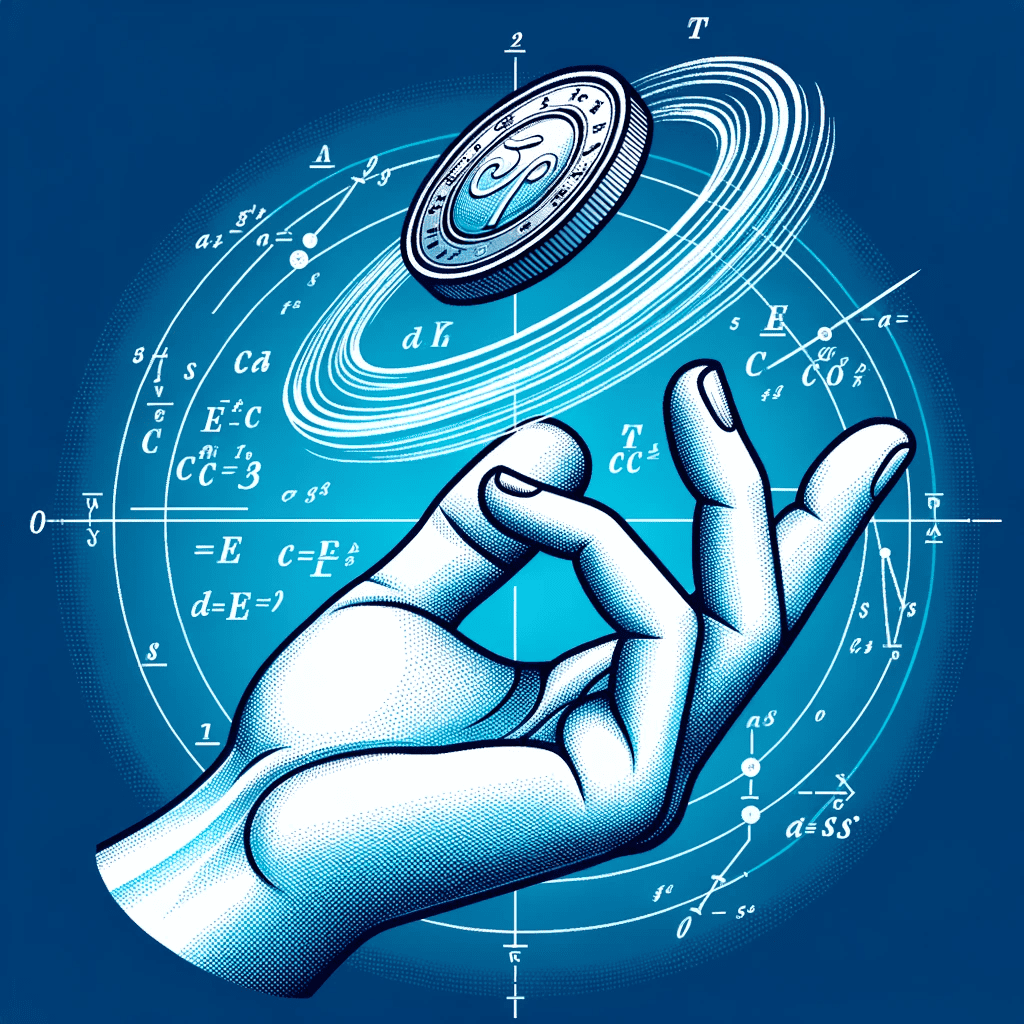
The simple act of flipping a coin has long been our trusted method for settling disputes, making decisions, or choosing sides. It’s a symbol of fairness — a 50/50 chance of landing heads or tails. But is it actually fair? Not really, says science.
According to a new study, the odds of a coin landing on the same side is around 51%. Here’s why.
A coin toss isn’t completely random
In 2007, American mathematician Persi Diaconis raised eyebrows when he suggested that a tossed coin is more inclined to land on the same side it started on, rather than its reverse. Now, recent findings from a large collaborative effort across European institutions seem to support Diaconis’s theory. The comprehensive study delves deeper into the age-old assumption of the coin toss’s impartiality.
Traditionally, the coin toss has been an emblem of randomness. Over time, numerous studies have sought to validate this randomness, and the results have largely been consistent: as long as you’re using a fair coin, the odds of it landing heads or tails are even. However, these studies primarily focused on the chance of a fair coin landing heads or tails, neglecting to consider if the coin is more likely to land the same way it was initially positioned.
Diaconis pointed out this oversight and theorized that due to a phenomenon called precession, a flipped coin in mid-air spends more of its flight time with its original side facing up. This slight bias, he postulated, gives the coin a 1% greater chance of landing the same way it was flipped.
A game of physics, not chance

To validate Diaconis’s claim, researchers led by František Bartoš from the University of Amsterdam orchestrated an exhaustive experiment involving 48 individuals. These participants were tasked with flipping coins from 46 different countries — a step taken to negate any design biases — a staggering 350,757 times. Each flip was meticulously recorded, noting if the coin landed in the same orientation as its initial position.
The results were intriguing. The research affirmed Diaconis’s speculation: there was a minor bias. Coins landed in their starting position 50.8% of the time. Additionally, the team observed slight variances in results depending on who flipped the coin.
Interestingly, the study also explored any potential bias towards heads or tails. They found none. Regardless of the initial side facing up, the coin had an equal chance of landing heads or tails. This neutral outcome, the study asserts, remains consistent across different coins.
Now, while a 0.8% bias might seem insignificant, it can have huge consequences in the world of large numbers. In a series of posts on X (formerly known as Twitter), Bartoš shared a thought experiment: if you were to flip a quarter 1,000 times, betting a dollar on each toss, this slight bias could lead to an average overall win of $19.
To put this into further perspective, Bartoš compares the coin flip bias to casino games, noting that this advantage surpasses that of playing six-deck blackjack optimally but falls short of single-zero roulette.
Next time, before you make your call, take a moment to peek at the side of the coin facing up. By doing so, you might just tip the odds in your favor.
The findings appeared in pre-print on arXiv.






